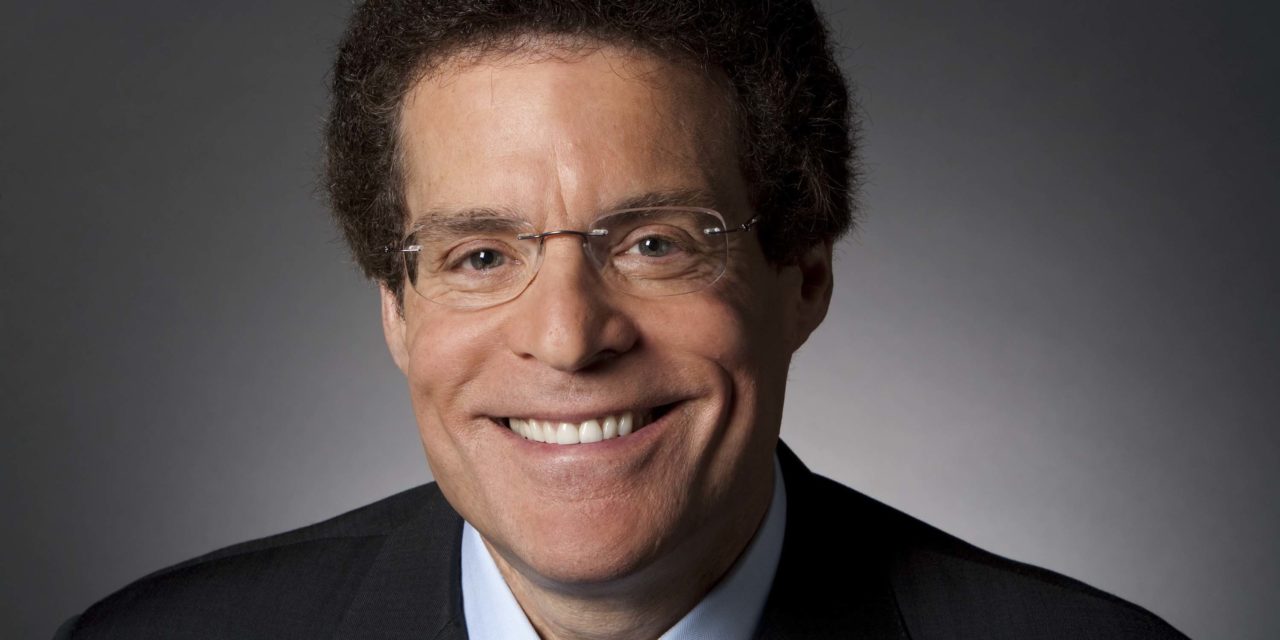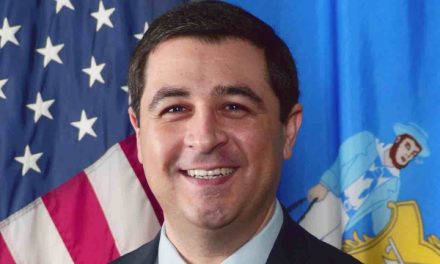
On the Record with Drew Altman, CEO, Kaiser Family Foundation

Healthcare is shaping up to be a top issue in the 2020 election.
To learn more about what that means, Wisconsin Health News caught up with Kaiser Family Foundation CEO Drew Altman.
Altman has led the foundation since the early 1990s. Before that, he was commissioner of the Department of Human Services for former Republican New Jersey Gov. Tom Kean.
He’s also been a vice president at the Robert Wood Johnson Foundation and worked in the Health Care Financing Administration under President Jimmy Carter.
On Monday, he’s delivering a keynote address at the La Follette School of Public Affairs Health Policy Forum in Madison.
Edited excerpts from Altman’s interview with Wisconsin Health News are below.
WHN: How significant of a role do you expect that healthcare will play in this fall’s general election?
DA: It is the top issue. We haven’t seen that very often in the past. A lot of people who are for (Sen.) Bernie (Sanders, I-Vt.) are for Bernie because he wants to go big on health and is really focused on health. And a lot of the people who are against him are against him because they think he is going too big on health.
But the really important thing that I always emphasize is that we sometimes exaggerate the importance of issues in elections. The top issues are generally not the top factor driving people’s votes. Those are different things. And in this election, in every poll we do, and every place we do it, the factor overwhelmingly is Trump.
So, for example, four times as many Democrats in the formerly blue wall states pick getting rid of Trump as the most important thing that will get them to vote – over healthcare. Same for Republicans, except they want to keep him.
Health leads the hit parade on issues. That’s a big deal. It will play a role in the election. But that doesn’t mean it’s what drives people to vote or influences how they vote.
WHN: If Sanders is the Democratic nominee for president, what impact do you think his support for single-payer healthcare could have on the general election?
DA: “Medicare for All” has obviously been a big factor in support for Bernie. But I think it’s less about Medicare for All and more about Bernie… Voters see plans, and candidates actually intend for plans, to be ways that they signal what they are really about as a candidate. Are they for bigger government or smaller government? How much do they care about people’s problems and their healthcare problems?
No plan proposed by any candidate today on any side ever materializes, gets through Congress, in any form resembling the current proposals. The debate we are seeing about Medicare for All today – as a concept, as a rallying cry, as a slogan – bears no resemblance to what an actual debate would be like. When the trade-offs involved in any big reform plan are made more clear to the public, or the interest groups make them clear, that would be a totally different discussion.
WHN: Do you think that a presidential candidate supporting Medicare for All could adversely impact moderate down-ballot Democrats?
DA: I don’t know yet. I think they can still stake out their own positions, whatever they are, and treat Medicare for All as aspirational. You saw (Rep. Alexandria Ocasio-Cortez, D-N.Y.) essentially do that when she said let’s take a strong position on Medicare for All, but if we end up with a public option, that’s not so bad. There’s a lot of room for candidates.
But I don’t even think that will be the main discussion. The debate will be, if Bernie is the candidate, a debate between Trump branding Medicare for All as an example of Bernie’s big socialist, un-American, radical candidacy. On the other hand, the Democrats will then focus more on what Trump wants to do on healthcare – which they will portray as eviscerating the (Affordable Care Act) and Medicaid, and benefits people care a lot about, like protections for people with pre-existing conditions.
WHN: Republicans seem to have shifted their healthcare message away from repealing the ACA to attacking Medicare for All. Do you expect that to continue?
DA: I do, unless the courts do something that change the channel back to the ACA. (For Republicans), the big healthcare issue right now is hating on Medicare for All. It’s not the ACA. Just 3 percent of Republican voters in our last poll think the ACA is a big thing they are focused on. That doesn’t mean they have changed their views on the ACA. They have not. But the focus and the priority shifted. Just because there’s been so much discussion on Medicare for All.
WHN: What other health issues do you expect will come up during the general election?
DA: I think Medicaid could become a bigger focus in the general election because of the focus on President Trump’s plans to block grant and cut Medicaid, and what that means for the states and what that means for people. Seven in 10 Americans say they or a family member or close friend have had some experience or have benefited from the Medicaid program.
The emerging issue is obviously the coronavirus. And that depends entirely on how that progresses and what happens, how it affects the economy. It has the potential to be a short-term issue, or to be a central issue in the election if a pandemic develops in the U.S. and that shows we are not prepared for pandemics and it affects the economy in some lasting way.
This article first appeared in the Wisconsin Health News daily email newsletter. Sign up for your free trial here.





